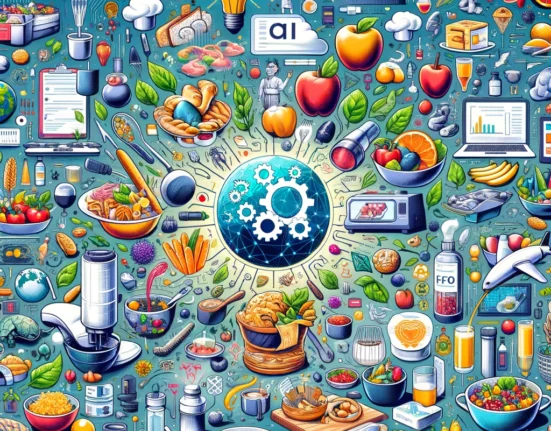As urban populations continue to grow, the challenges of developing sustainable, efficient, and livable cities become increasingly complex. Generative artificial intelligence (AI) is emerging as a pivotal technology in addressing these challenges, offering innovative solutions to urban planning and the creation of smart cities. This blog post explores how generative AI is transforming urban environments, enhancing public services, and contributing to the development of cities that prioritize sustainability and quality of life.


Revolutionizing Urban Planning with AI
Generative AI is revolutionizing the field of urban planning by providing data-driven insights and predictive models that help city planners optimize land use, infrastructure, and public services. By analyzing vast amounts of urban data, AI can identify patterns and trends that inform the design of more efficient and sustainable urban environments. This includes optimizing traffic flow, reducing congestion, and ensuring that public transportation systems meet the needs of the city’s inhabitants.
Enhancing Public Services and Quality of Life
The integration of generative AI into city management systems is enhancing public services and the quality of life for urban residents. AI-driven solutions can manage utilities more efficiently, improve waste management, and ensure that public spaces are clean and safe. Moreover, AI can enhance public safety through predictive policing and emergency response optimization, ensuring that cities are not only more efficient but also safer for their inhabitants.
Building Sustainable and Livable Cities
Sustainability is at the heart of the smart city movement, and generative AI is a key driver in achieving this goal. Through the optimization of energy consumption and the integration of renewable energy sources, AI contributes to the development of greener urban areas. Additionally, AI-driven urban planning promotes the creation of green spaces, improves air quality, and supports the development of sustainable transportation options, making cities more livable and environmentally friendly.
Overcoming Challenges and Ethical Considerations
While the potential of generative AI in urban planning and smart city development is vast, it also presents challenges and ethical considerations. Issues such as data privacy, security, and the equitable distribution of technology’s benefits must be addressed to ensure that the advancements in smart cities benefit all residents. Moreover, engaging communities in the planning process and ensuring transparency in AI-driven decisions are essential for building trust and acceptance among urban populations.
Envisioning the Cities of the Future
The future of urban development is inextricably linked with the advancement of generative AI technologies. As we continue to explore and implement AI-driven solutions, we can envision cities that are not only smarter and more efficient but also more sustainable and inclusive. The role of generative AI in urban planning promises a future where cities are designed with the well-being of the planet and its inhabitants in mind, creating environments that foster innovation, sustainability, and community.
Generative AI is paving the way for a new era of urban planning and development, where technology and city life merge to create better futures for all. As we harness the power of AI to tackle urban challenges, we are not just building smarter cities—we are reimagining what it means to live in harmony with our environment and each other in the urban landscapes of tomorrow.
As we delve further into the multifaceted impacts of generative AI across various sectors, our next post will explore its influence on the automotive industry. Stay tuned for an in-depth discussion on how AI is driving advancements in vehicle design, safety, and autonomy, marking a new chapter in the evolution of transportation. Join us as we accelerate into the future of the automotive industry powered by artificial intelligence.









